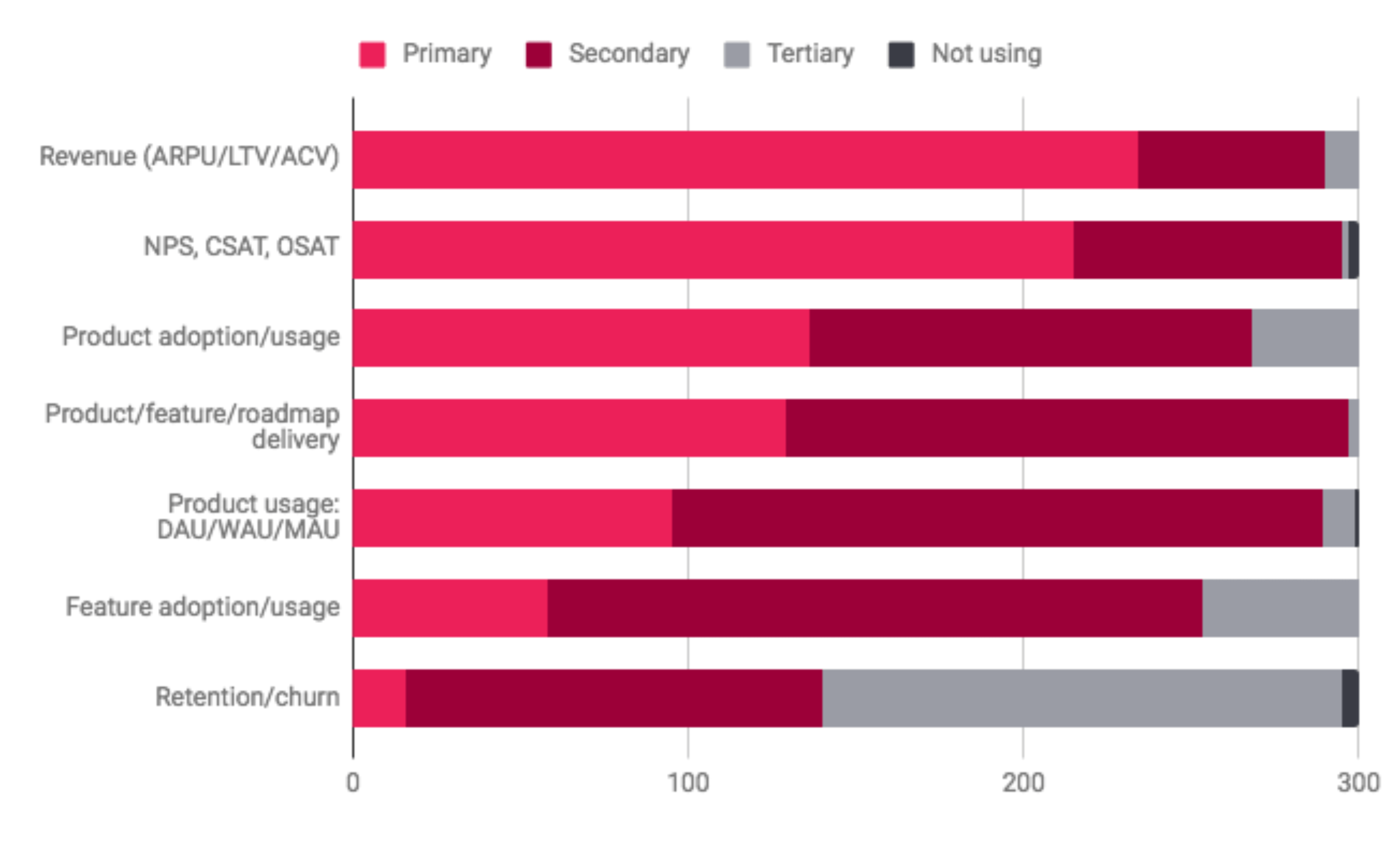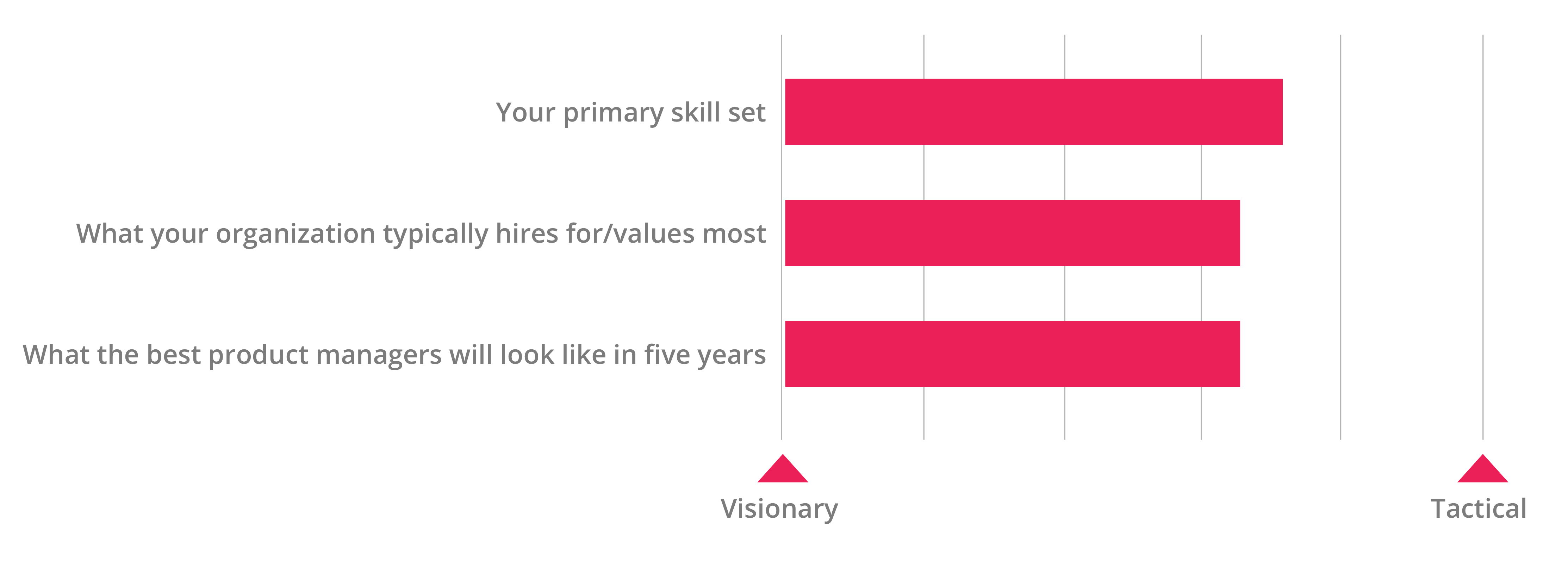I recently had a friendly debate with a very accomplished product executive who took great issue with my assertion that more product managers report into marketing than engineering. And that, while most of us can probably agree with the premise of a chief product officer, the role remains largely aspirational: the vast majority of tech companies still don’t have one.
It occurred to me that, for all the data product leaders bring to their roles, most tend to rely on their gut when it comes to their own teams–and their own careers. Typically, they look to conventional wisdom to inform who and how they hire, who and how they promote; which specific functions are part of their portfolios, and how they align to other functions outside of their direct control. Our view of the product organization is largely what we believe it to be.
We all know that there’s no precise role definition for the product manager. Exactly what we talk about when we talk about product management varies by location, by company, and by culture. But that’s not to suggest that there aren’t certain patterns to discern–and to learn from.
That premise is what recently inspired my team to take a much closer look. Recently, Pendo (my employer and producer of ProductCraft) and Product Collective went out into the wild to talk to product managers. We surveyed 300 of them, asking questions like: How did you get here? How has your career progressed? What functions do you own and where do you report? How do you gather customer insight? How do you make decisions? Who do you align to other functions? How happy are you?
Some of the findings probably validate what you thought but didn’t know for sure. For example, most product managers see revenue and customer satisfaction as the key measures of their success.

Others are, indeed, surprising. For example, more than any other function, product management reports into marketing. And these particular product managers tend to feel more empowered and see themselves as more effective in their roles than counterparts reporting into engineering.

And the vast majority of product managers have a business–not a technical–background. This corresponds with the results of last week’s ProductCraft poll where, despite conventional ideas to the contrary, 56% of respondents said that a technical background is unnecessary for a product manager.
Still other findings are a bit alarming. For example, the majority of product managers see themselves as more tactical than visionary and more driven by competitors than customers.

Stop and think about that one for a second.
 Now lift your jaw from your keyboard and go ahead and download the rest of the findings.
Now lift your jaw from your keyboard and go ahead and download the rest of the findings.
You may also want to join us for a free public webinar on March 14th for a full readout of The State of Product Leadership findings and a discussion on their implications for product leadership in general.

